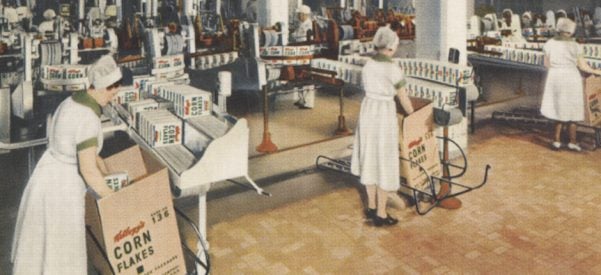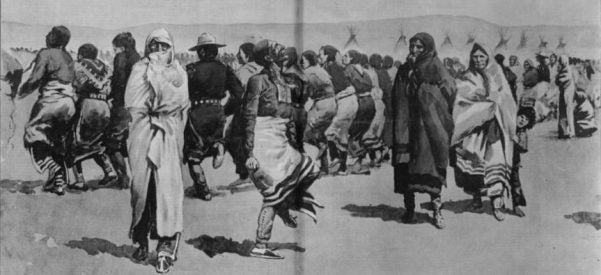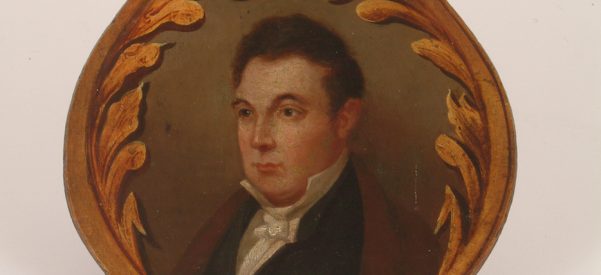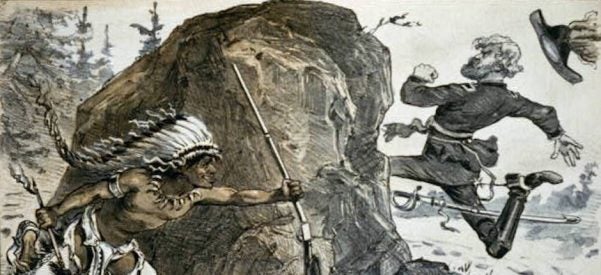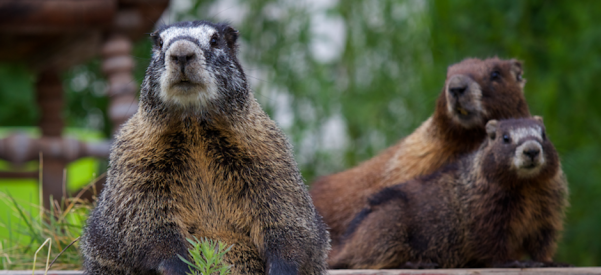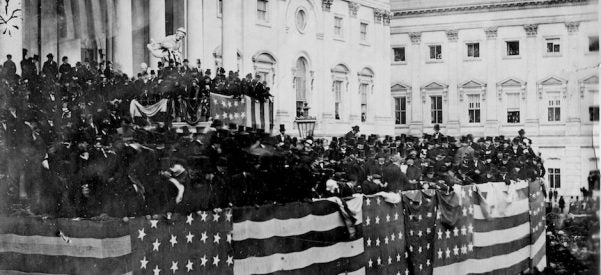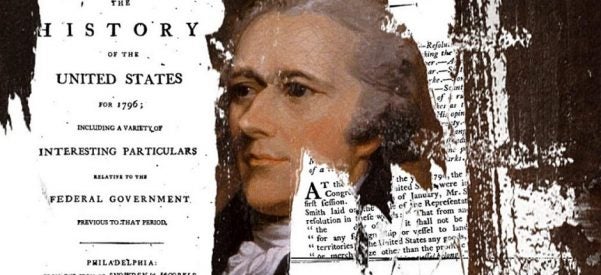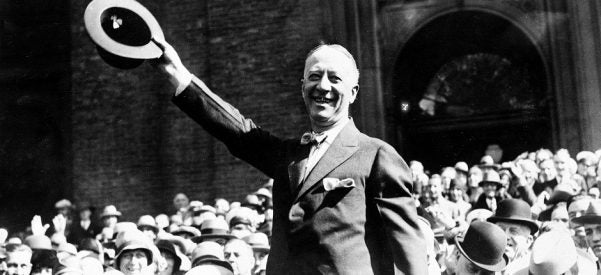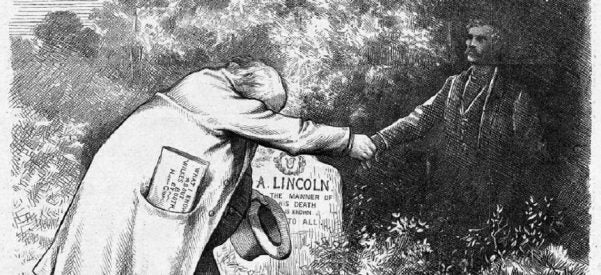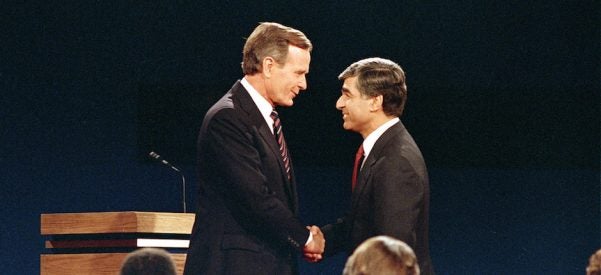How the Kellogg Brothers Taught America to Eat Breakfast
Informed by Their Religious Faith, the Siblings Merged Spiritual with Physical Health
The popular singer and movie star Bing Crosby once crooned, “What’s more American than corn flakes?” Virtually every American is familiar with this iconic cereal, but few know the story of the two men from Battle Creek, Michigan who created those famously crispy, golden flakes of corn back in 1895, revolutionizing the way America eats breakfast: John Harvey Kellogg and his younger brother Will Keith Kellogg.
Fewer still know that among the ingredients in the Kelloggs’ secret recipe were the teachings …


